
Exeter’s controversial Active Streets traffic experiment has been scrapped.
Some of the regulations stopping traffic getting through parts of the city will be suspended straight away. Others will stay in place until the school summer holidays.
Cllr Rob Hannaford (Ind, Exwick and St Thomas) said the phased approach was a ‘fudge’ but Cllr Phil Bialyk (Lab, Exwick) said lessons had been learned and a compromise could be made.
“I think this is a sensible solution,” he said. “It is time for healing.”
A boisterous public gallery at County Hall heard arguments for and against the Low Traffic Neighbourhoods trial, which has seen restrictions placed on some roads in the Heavitree and Whipton areas since August last year, stopping through-traffic in a bid to cut pollution and make the roads safer.
A hybrid committee made up of Devon County councillors and members of Exeter City Council voted to end the trial early amid huge public protests.
Heavitree estate agent Lyn Burgoyne said her business had been badly hit ‘almost overnight’ when the Active Streets Trial began, but climate scientist Professor Richard Betts of Exeter University said council reports advising the scrapping of the scheme were based on ‘poor quality analysis’.
Members of the city’s highways and traffic orders committee (HATOC) heard arguments for and against the experiment.
Objectors say the trial scheme merely moved congestion and pollution elsewhere, and roads on the fringes of the trial area are experiencing jams and delays.
More than eighty per cent of more than 24,000 people who responded to consultations came out against the scheme.
A report to the committee recommended stopping all the experimental traffic regulation orders as soon as possible.
But members agreed an amendment that the Hamlin Lane, Whipton Lane and Vaughan Road closures should be suspended within weeks. St Marks Avenue and Ladysmith Road will wait until schools have closed for summer at the end of next month.
Wooden planters in the road will stay in place to slow traffic, and discussions will be held with schools and community groups to discuss the way forward.
Chairman Carol Whitton (Lab, St Davids and Haven Banks) proposed the amendment and said lessons must be learned from the trial. “It is not for politicians to inflict harm on the most vulnerable in our society,” she said,
Cllr Lucy Haigh (Ind, Heavitree) was elected to the city council last month after campaigning against the project. She said: “I and many thousands of others believe this experiment is failing in many areas and should be suspended.”
Cllr Peter Holland (Con, St Loyes) told members: “This is a moment in time when you can make a difference for thousands of people.” And Cllr Alison Sheridan (Con, St Loyes) added: “‘To right this terrible wrong, action must be taken’
But Cllr Tess Read (Green, St Davids) urged: “If not this scheme, then what? That’s what we need to explore.”

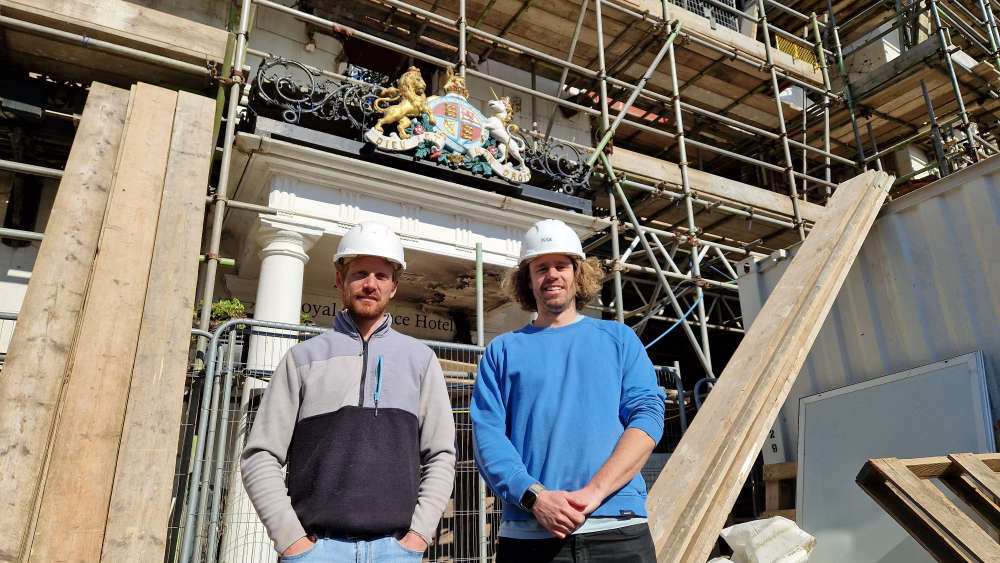 Work begins on project to rebuild fire-hit Exeter landmark
Work begins on project to rebuild fire-hit Exeter landmark
 Guide dog puppies’ training gets off to a flying start at Exeter Airport
Guide dog puppies’ training gets off to a flying start at Exeter Airport
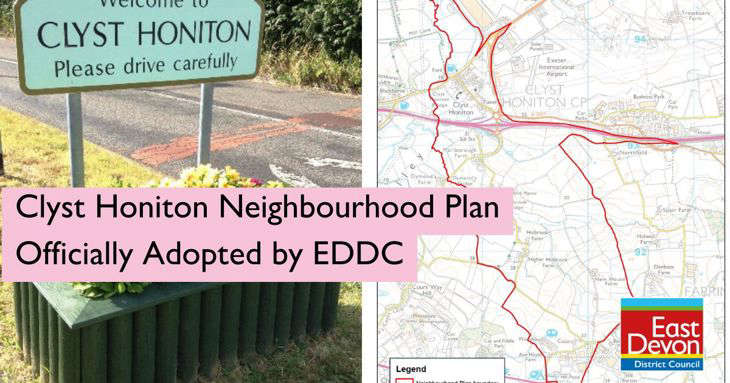 Clyst Honiton Neighbourhood Plan Officially Adopted by East Devon District Council
Clyst Honiton Neighbourhood Plan Officially Adopted by East Devon District Council
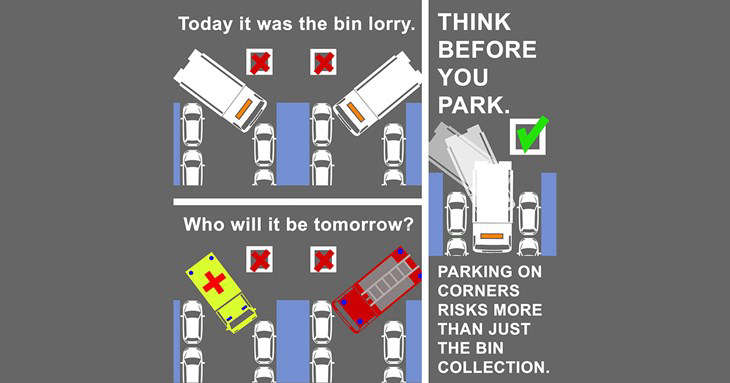 Residents Back Appeal After Crews Struggle to Access Roads
Residents Back Appeal After Crews Struggle to Access Roads
 Movie star Easter egg-stravaganza this spring at the University of Exeter
Movie star Easter egg-stravaganza this spring at the University of Exeter
 RAF Exeter Town Show: A Weekend of Discovery and Excitement
RAF Exeter Town Show: A Weekend of Discovery and Excitement
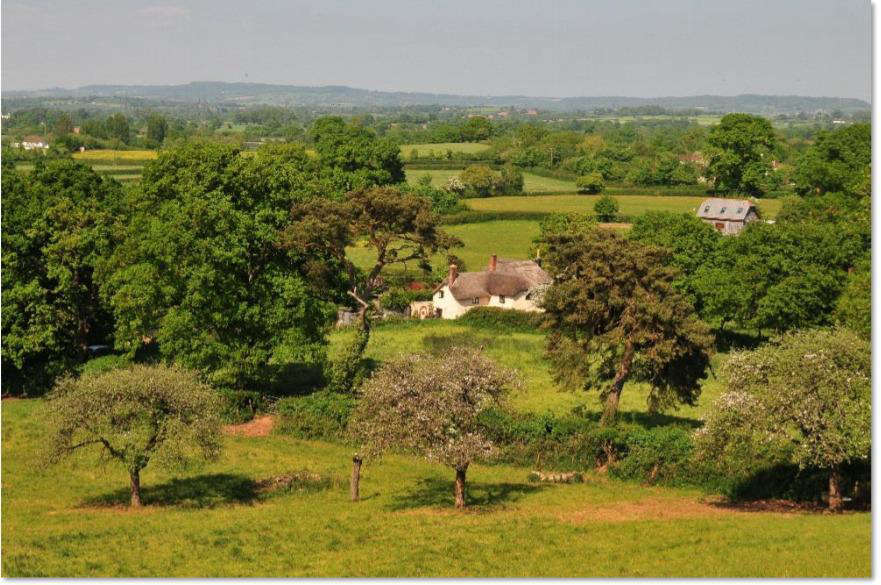 East Devon environment budget cut by £50k as demands get tougher
East Devon environment budget cut by £50k as demands get tougher
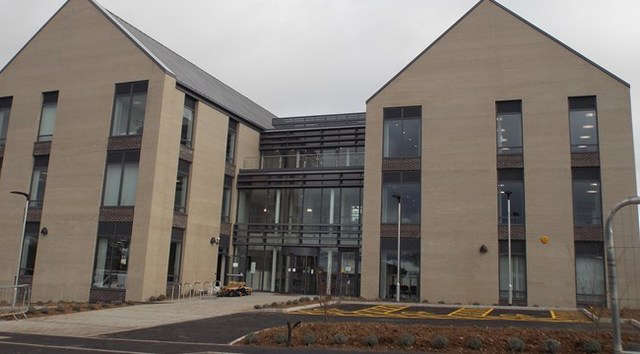 Online petition system set to launch in East Devon
Online petition system set to launch in East Devon









